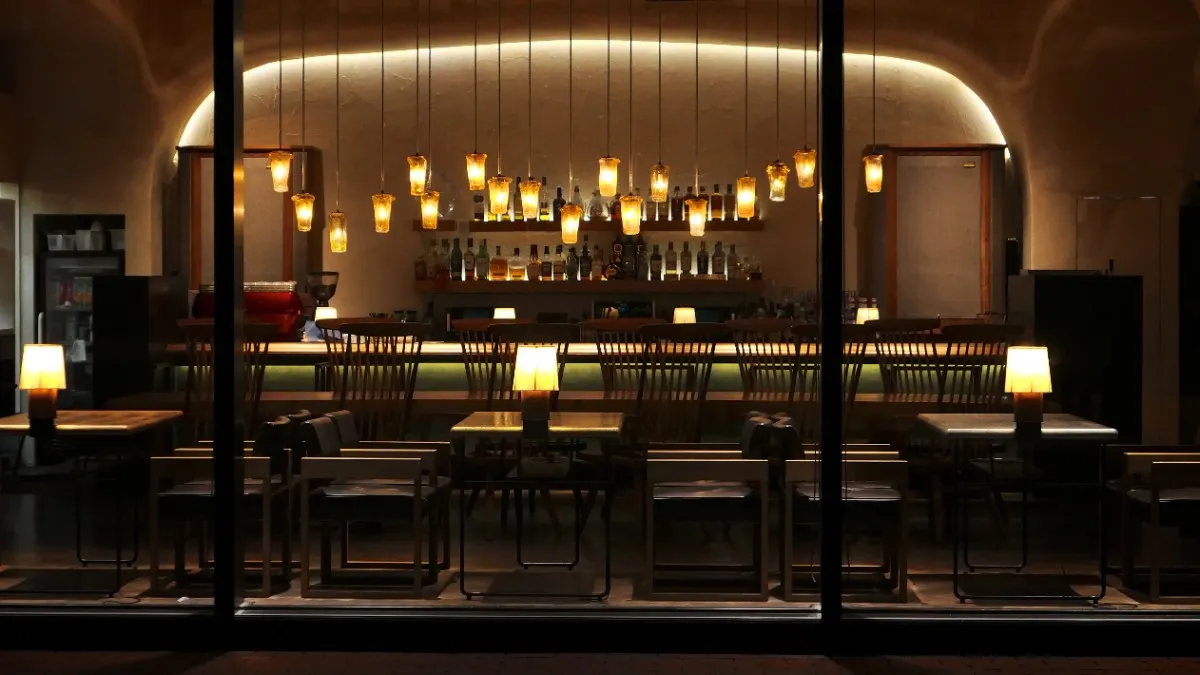UPDATE: May 19, 2020: On Friday, Gov. Jay Inslee revised guidance on restaurants collecting dine-in customer data, stating that guests will no longer be required to provide this information, according to a statement. Restaurants will still be required to log this information if a patron voluntarily provides it, which will only be provided to public health officials if a diner is exposed to COVID-19. The governor's office also provided a template for restaurants to collect this data.
Dive Brief:
- The state of Washington is requiring restaurants to keep a 30-day log of all on-premise customers, including their emails or phone numbers and the time they arrived, according to a guidance document Governor Jay Inslee's office unveiled on Monday. These measures are part of Phase 2 of restaurant reopenings in Washington.
- Collecting such records will facilitate contact tracing and help better determine who may have come into contact with someone diagnosed with the virus.
- As of Tuesday, eight Washington counties can resume service at 50% with tables capped at a maximum of five diners, according to The Seattle Times. Before restaurants reopen, they must follow 13 criteria laid out in the Phase 2 plan.
Dive Insight:
As with most states, Washington’s reopening plan includes phases and different requirements for different areas based on outbreak levels. Washington counties with populations under 75,000 people that haven’t had a new COVID-19 case in three weeks, for example, can apply for dining rooms to reopen.
Such disparities make sense when considering the uneven cases of outbreaks in certain areas versus others. Washington is a good example of this, with more than 7,000 coronavirus cases and over 500 deaths in the King County, which includes Seattle, and 40 cases and zero deaths in Kittitas County in the Cascades.
However, Washington is one of the few states including consumer record-keeping as part of its reopening guidelines. Austin, Texas, came up with a similar plan last week, while Maine has also included this requirement in its plan. New Orleans came up with a similar measure, but has since put it on hold.
While these records would be kept for health purposes, privacy advocates could challenge the legal justification of keeping such records, and the revision to this requirement shows that there was likely some initial pushback. Also, many smaller restaurant chains and independents may not be equipped with the appropriate technology or labor to maintain such records, but the template provided could help these operators streamline the practice. It also adds one more layer of complexity for national operators, who have to meet those different guidelines in different areas at different times in order to reopen their dining rooms.
Even though it’s early days, the entire approach to reopening restaurants has been piecemeal. The Illinois Restaurant Association is petitioning the state to allow restaurants to reopen earlier as the current Restore Illinois Plan would not allow dine-in operations to resume until June 26, for example. Meanwhile, restaurants in Texas and Georgia were among the first to receive a green light to open partially in early May, but many operators in those states are holding off for now until they feel like they can safely reopen.
There are some businesses that have recently defied government guidelines. But as Colorado demonstrated when it revoked a Castle Rock restaurant's license after photos surfaced showing a defiance of social distancing guidelines, the stakes are high and extensive social distancing regulations need to be followed.









